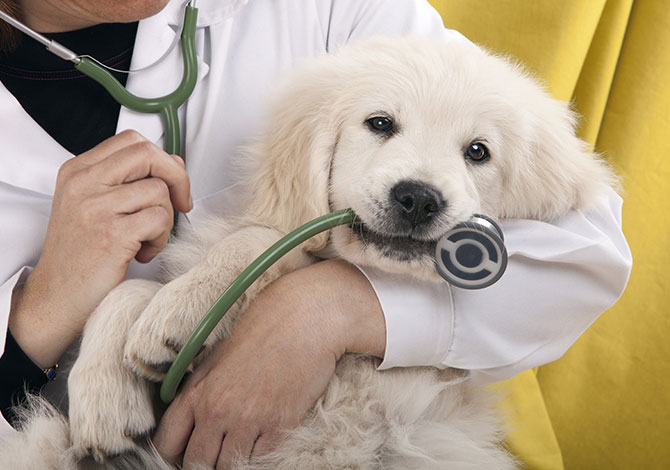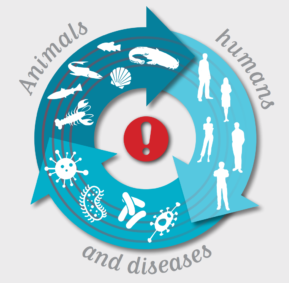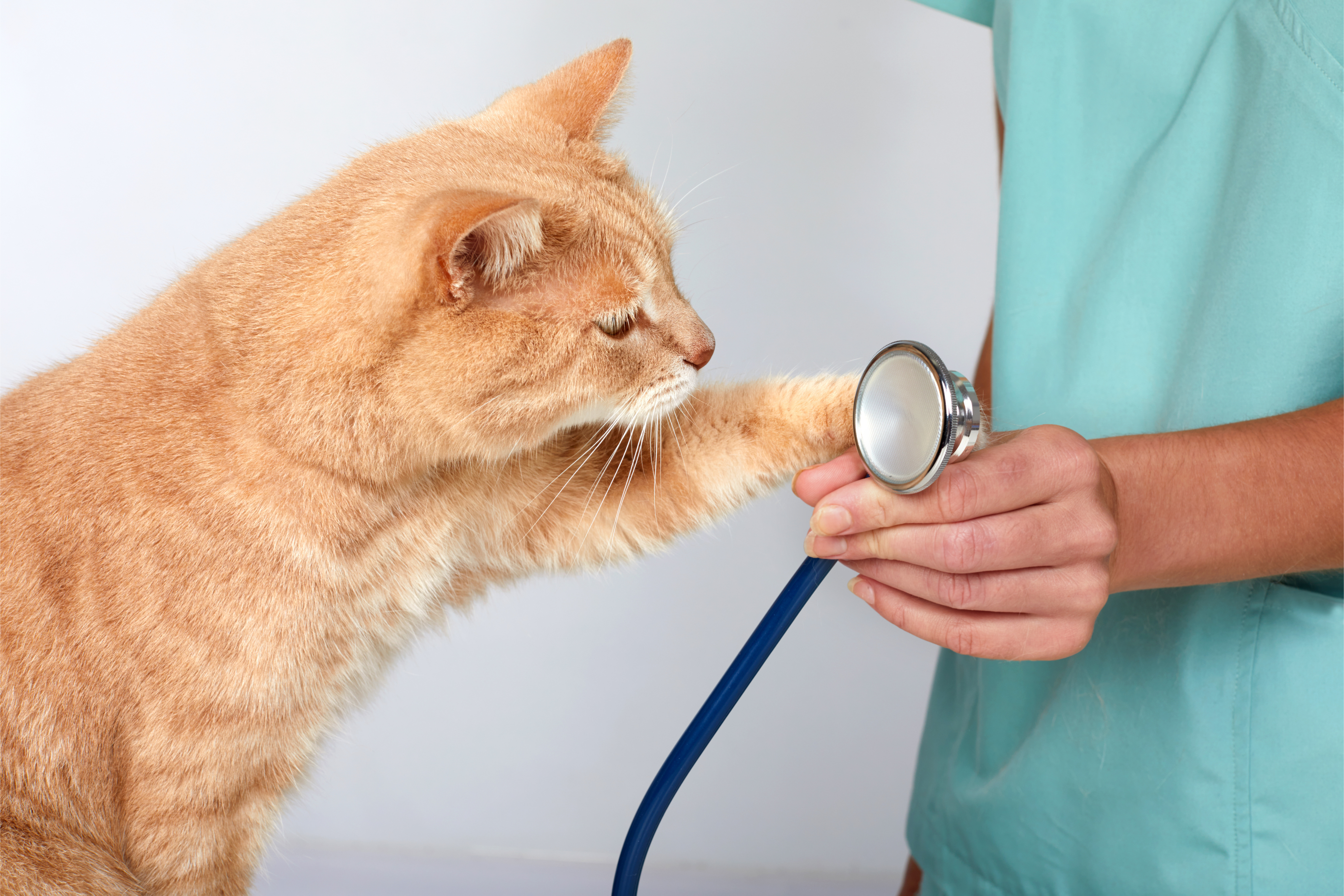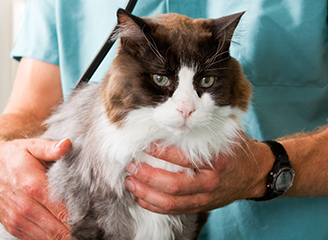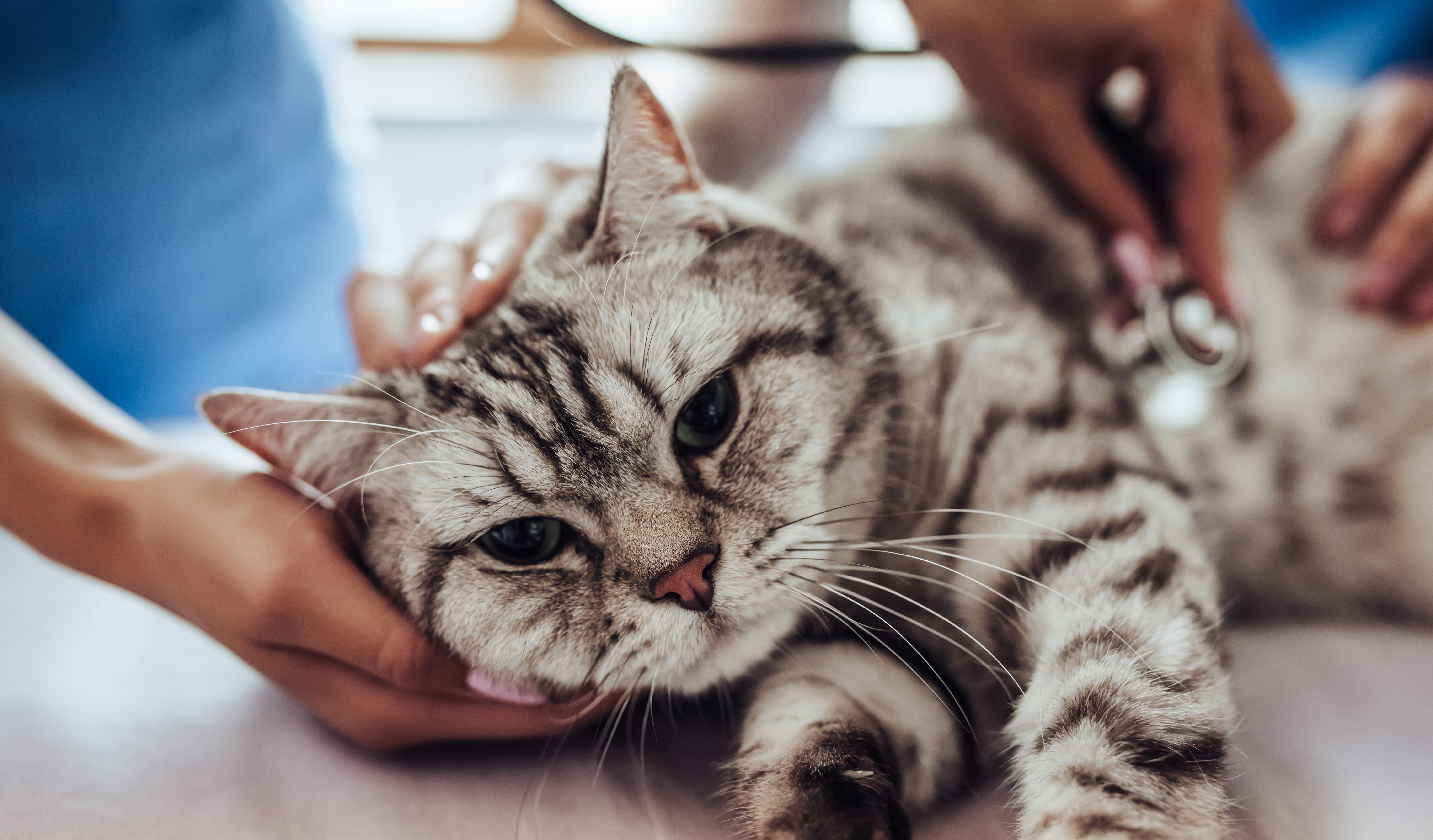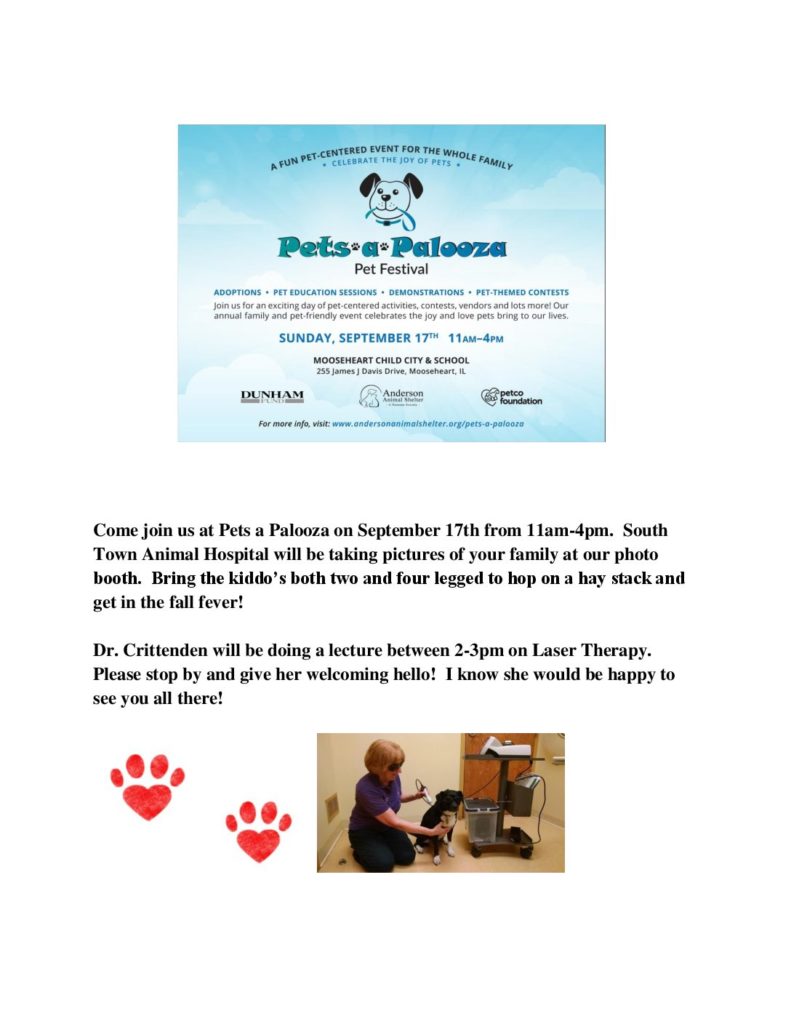3/27/2020
Due to the recent state mandated “Shelter in Place” order, South Town Animal Hospital has updated its policy and protocols to create a safer environment for our clients and staff. We will continue to be open for business but have made some necessary changes.
- Please wait in your car when you arrive for your scheduled appointment. We are currently no longer allowing clients in the hospital. We are asking that as you arrive in our parking lot, you call us to let us know you are here. Over the phone you will speak with a technician to get a thorough history of your pet. Then a technician will come outdoors in a mask and gloves to bring your pet inside for an exam or services.
- Once the doctor has seen your pet, we will call you to discuss the exam findings and treatment care plan. We will also take care of payment over the phone.
- The technician will then return your pet to your car along with any medications necessary.
- This protocol is also being used to pick up medications and prescription diets. Call us ahead of time and we will take care of everything over the phone.
During this time of uncertainty we appreciate your patience and consideration. South Town Animal Hospital will continue to observe a strict disinfecting regimen while respecting the social distancing measures put into place. Thank you for your understanding and continued support.
3/18/2020
We know many of you have heightened concerns about the COVID-19 virus and we want to let you know that here at South Town Animal Hospital, you’re entering a clean and healthy environment.
In our office, we are being diligent with maintaining a healthy environment. Our team practices regular hand hygiene, and disinfects our practice regularly throughout the day, with a special focus on public areas such as door handles. We do our best to exercise preventive health for our patients and clients.
Our doors will remain open and our team is here for you and your pet, but we are asking our clients to help us be as proactive as possible during this time to reduce the spreading of the COVID-19.
South Town Animal Hospital is asking that when coming for your appointment, please only have one person over the age of 18 accompany your pet (unless pets require extra assistance). Please leave children at home for their safety.
If at all possible, if you can pay your invoice over the phone for medications or prescription foods that would be helpful. At pick up time we can even bring items out to your car for a speedier service! Just give us a call when you pull into the parking lot!
A nice alternative is ordering through our online pharmacy and items will come directly to you. Just visit southtownanimalhospital.com and click on the “Pharmacy Online” tab. Also, throughout each month, we provide additional email discounts for great deals with our online store.
We are currently not accepting donated items of any sort, including medications, blankets, or pet food. We appreciate your generosity, but this is an attempt to reduce the items that pass through the hospital.
At this time we are not scheduling any non emergency surgical procedures. Spays, castrations, declaws, and non-critical lump removal procedures will not be scheduled until further notice. Dental procedures are scheduled based on the doctors medical evaluation. This is due to the limited sterile supplies that we are currently allowed to order.
We are limiting our technician appointments. Nail trims and anal gland expressions are based on a medical necessity. For the next few weeks if it is not a medical necessity, please refrain from scheduling until April.
If you are feeling sick or someone in your household is ill please stay home. Per the CDC If you are feeling sick, we ask you to please reschedule your appointment or ask someone else to bring your pet in for you. This is especially true if you have a fever, cough, sneezing, shortness of breath, or if you have been out of the country within the last 14 days to an area infected by COVID-19. There is a social distancing recommendation to maintain a distance of 6 feet from others. We are doing our best to be a touch free zone.
You may also notice other changes in the hospital like staff taking extra time to sanitized and being checked out in the room. This is only to limit the social interactions for safety precautions. We appreciate your kindness and your business. Together, we can work towards ‘Healthy and Longer Lives’ for all pets and families.

